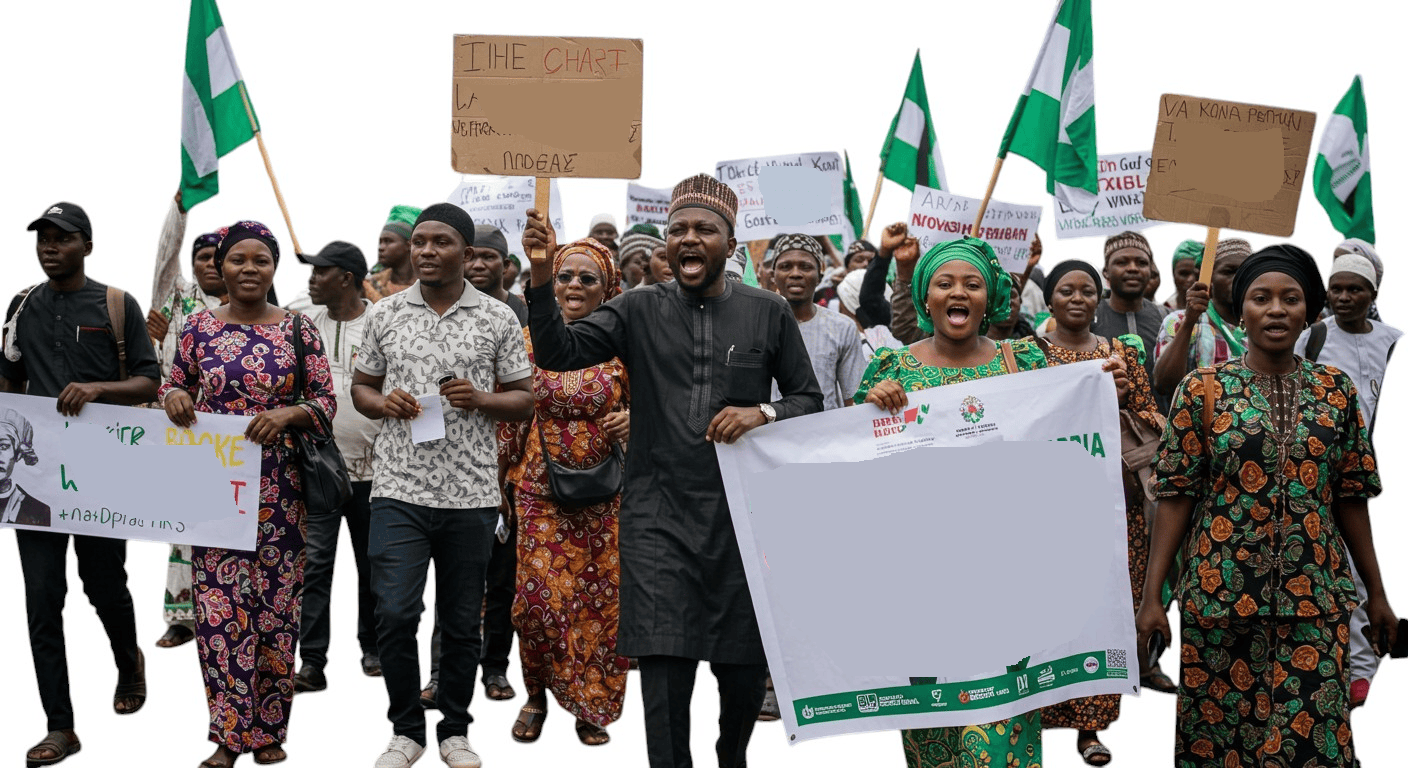Political
Evaluating Nigerian Politicians: People-Oriented or Self-Seeking?
The question of whether Nigerian politicians are people-oriented or self-seeking is both a legal and moral inquiry with profound implications for democratic governance, rule of law, and socio-economic development. This article examines the conduct of political actors in Nigeria through the lens of constitutional obligations, public accountability, and democratic expectations, ultimately offering a balanced perspective grounded in observable realities. 1. Constitutional and Legal Obligations of Political Officeholders The Constitution of the Federal Republic of Nigeria, […]
The Right of Nigerians to Criticize Their Government and Demand Accountability Introduction
Introduction Since gaining independence in 1960, Nigeria has experienced a complex interplay between governance and public criticism. Successive administrations have adopted varying approaches to address dissent, ranging from suppression to engagement, reflecting the nation’s evolving political landscape. Democracy thrives on the ability of citizens to voice their opinions, challenge their leaders, and demand accountability. In Nigeria, this right is not just an ideal but a constitutionally protected principle that plays a crucial role in promoting […]
Consociational Democracy: A Model for Power-Sharing in Divided Societies
Introduction In multi-ethnic, multi-religious, or deeply divided societies, ensuring stable governance while protecting the rights of all groups is a challenging task. Consociational democracy, a concept developed by political scientist Arend Lijphart, offers a framework for managing such societies through power-sharing mechanisms. This system is designed to prevent conflict and promote cooperation among different social groups. Key Features of Consociational Democracy Consociational democracy operates based on four fundamental principles: Grand Coalition – In contrast to […]
Representation Imbalance In Nigeria’s National Assembly
Introduction Nigeria operates a bicameral legislature consisting of the Senate and the House of Representatives. While this system is designed to provide balanced representation for the diverse population, there remains a significant imbalance in representation within the National Assembly. This imbalance arises from disproportionate allocation of seats, demographic misalignment, and political structures that fail to adequately reflect Nigeria’s federal character. This article explores the causes of these imbalances, their implications for governance, and the urgent […]
Nigeria’s Minorities: Challenges to Equitable Representation in a Federal Republic
Nigeria operates as a federal republic with a democratic system of government. However, the question of true and equitable representation for all its diverse groups, especially minorities, remains a significant debate. Theoretical Framework for Representation Nigeria’s Constitution (1999, as amended) establishes a system intended to ensure representation through several mechanisms: Elections: Citizens elect representatives at the federal, state, and local levels. Federal Character Principle: This constitutional provision aims to ensure appointments and resource distribution reflect […]




